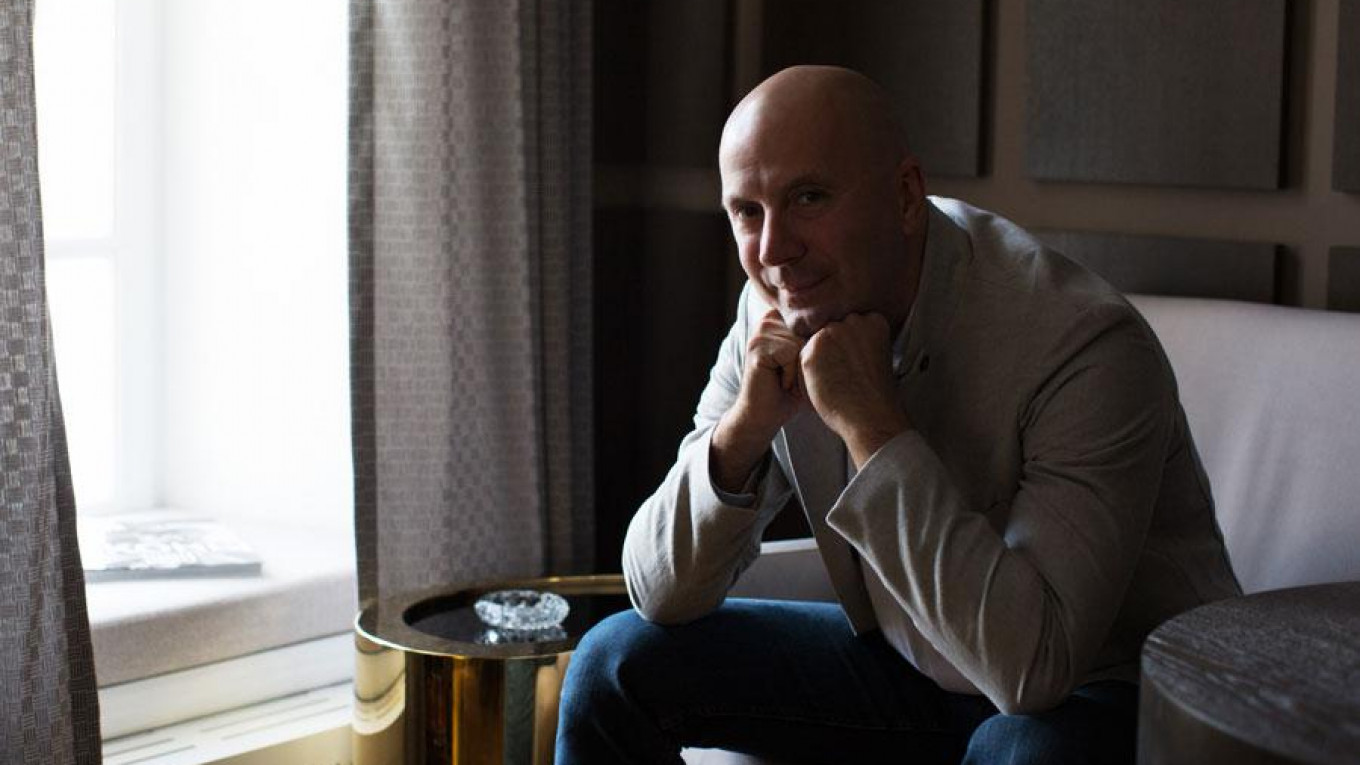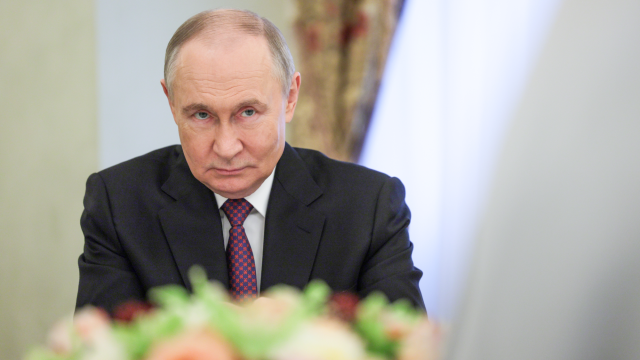How networking works
There is a private business club for entrepreneurs in Moscow that belongs to a businessman Alexandre Garese.
European trends become more and more widespread not only in the Russian society but also in the culture of business. The country has a new generation of businessmen who prefer public business space to cramped office rooms. A French businessman and restaurateur Alexandre Garese decided to provide local entrepreneurs with one of these affordable platforms for communication and recreation, and opened KELIA business club in the heart of Moscow.
Business clubs have become an integral part of business culture in the West. In modern Russia, networking, i.e. the ability to solve business problems quickly and effectively in the process of a simple communication, has also been successfully developing. To gather in a comfortable quiet place to talk business—it is surprising, but most businessmen have still lacked this opportunity. Taking into account the peculiarities of the way followed by Russian entrepreneurship from the early 90s, it is not difficult to believe in it.
But time is changing, the Russian society managed to withstand all the metamorphoses and learned to acquire the best from the European culture. A layer of entrepreneurs appeared in the country that is ready to embrace the age-old traditions of western colleagues. Alexandre Garese managed to take into account the peculiarities of the Russian business reality and to organize a democratic club.
It is normal for British or American entrepreneurs to have membership in three or four business clubs simultaneously. According to Alexandre Garese, many of them are almost worldwide famous, such as London's Soho House & Co or New York's Norwood Club.
“I have the experience of membership in the European clubs, and I wanted to have the same opportunities in Moscow”, Alexandre Garese explains his decision to open an authentic business club of the western model in the capital of Russia.
10 years ago, Alexandre and Stephanie Garese brought the culture of real French bakeries with their croissants and fresh bread to Moscow, and opened a network of Volkonsky cafes-bakeries. Now Alexandre Garese decided to continue to acquaint the Russians with European culture, this time with private business clubs, a kind of multifunctional living rooms that are suitable both for work and for communication.
Educated and successful people open to everything new were the first to realize the convenience of such clubs. What are they doing there? For example, KELIA, a cozy mansion in Vozdvizhenka street a few hundred meters from the Kremlin, is a favourite place of the Russian graduates of Harvard and Skolkovo business school. Lectures and roundtables are organized here, such key speakers as Andrei Sharonov, the President of Skolkovo Moscow school of Management. And when the business part finishes, communication continues in the lounge and the restaurant. KELIA Chef personally creates a menu for the guests of the club, focusing on seasonal products. Such careful attention is not occasional—in fact, according to the founder of the club Alexandre Garese, observance of the principles of healthy nutrition is very important nowadays.
Probably due to the fact that such clubs as KELIA appeared in the country at the right time, there appeared a community of regular participants around this club, who understand the convenience of apartments in the centre of the capital. And members of its administration are already thinking about opening new locations.
At the same time, in contrast to the extremely conservative Western and some Russian counterparts, this business club is more flexible and open in its traditions. There are certain limitations, e.g., dress code, in KELIA as well, but they are much more logical and clear than, for example, the custom of some British clubs, where men without jackets can simply not be allowed into the dining room.
“The moment when a class of educated and progressive businessmen began emerging in Russia who honestly and independently earned their money, who travel a lot and open to business contacts, this kind of business clubs became a necessity for them”, Alexandre Garese sums up the conversation. “As a European running most of my business in Russia, I saw and felt this trend. I wanted to give an opportunity to the people whom I communicate with—both my partners and clients – to realize this necessity in my club.
Of course, such clubs are not charity projects, but this business has quite a long payback period. Investments in networking, says Alexandre Garese, are a kind of investments in the future, which can be valued right now by Russian entrepreneurs of new generation, open to innovation, responsible and energetic.
A Message from The Moscow Times:
Dear readers,
We are facing unprecedented challenges. Russia's Prosecutor General's Office has designated The Moscow Times as an "undesirable" organization, criminalizing our work and putting our staff at risk of prosecution. This follows our earlier unjust labeling as a "foreign agent."
These actions are direct attempts to silence independent journalism in Russia. The authorities claim our work "discredits the decisions of the Russian leadership." We see things differently: we strive to provide accurate, unbiased reporting on Russia.
We, the journalists of The Moscow Times, refuse to be silenced. But to continue our work, we need your help.
Your support, no matter how small, makes a world of difference. If you can, please support us monthly starting from just $2. It's quick to set up, and every contribution makes a significant impact.
By supporting The Moscow Times, you're defending open, independent journalism in the face of repression. Thank you for standing with us.
Remind me later.






